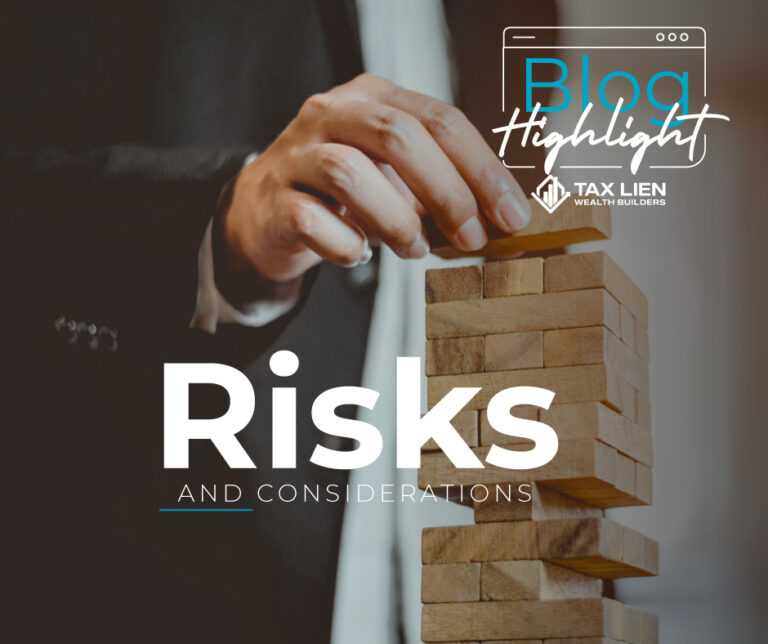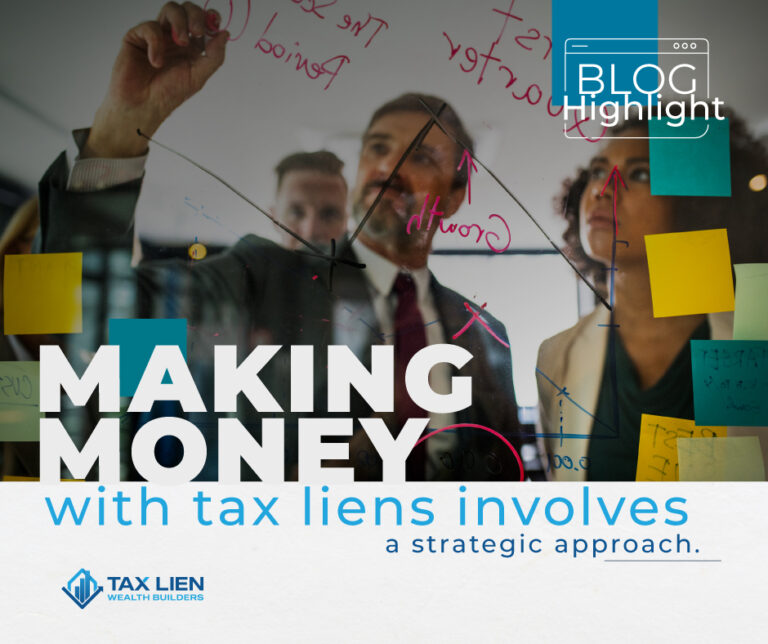What Depreciation Means for Real Estate Investing
What Is Real Estate Depreciation?
Real estate depreciation is the process of allocating the cost of a property over its useful life. The IRS has established property classifications and corresponding lives for depreciable real estate. In general, the useful life of residential rental property is 27.5 years while the useful life of commercial property is 39 years.
The IRS requires that depreciation be taken using the straight-line method. This method evenly removes an expense over the asset’s useful life. For example, if you purchase a $100,000 piece of equipment that falls in the five-year property class, $20,000 of expense would be removed each year for five years.
While most business expenses are deductible in the year they are incurred, depreciation is different. Depreciation is taken over the course of the asset’s useful life and is not a current deduction. This means that while you may have paid for the property in cash, you will not be able to deduct the entire cost in the year of purchase.
Deductible Business Expenses
Most people recognize that business expenses are deductible. Labor, cost of goods sold, and equipment purchases are all expenses that reduce a typical business’s taxable income. In the case of equipment purchases, they must typically be deducted from income over the expected useful life of the equipment purchased. Depreciation occurs by removing an expense over time.
In real estate, depreciation is used to recover the cost of property over its expected useful life. The Internal Revenue Service (IRS) has established property classifications and corresponding lives for depreciable real estate. In general, the useful life of residential rental property is 27.5 years while the useful life of commercial property is 39 years.
Conclusion: Two Types Of Investors
There are two main types of real estate investors: those who buy and hold properties for the long term, and those who buy properties with the intention of flipping them for a profit. For investors in the first category, depreciation can be a valuable tool for reducing taxable income and sheltering cash flow from taxation. For investors in the second category, it is important to be aware of the tax implications of selling a property that has been depreciated.
In either case, real estate depreciation is an important tool for real estate investors to understand and use effectively. Whether you are a long-term real estate investor or an active flipper, understanding how to benefit your bottom line is essential for maximizing your real estate investments.
You can learn more from our free and informative workshops. Join us: https://www.tlwbevents.com/workshop







